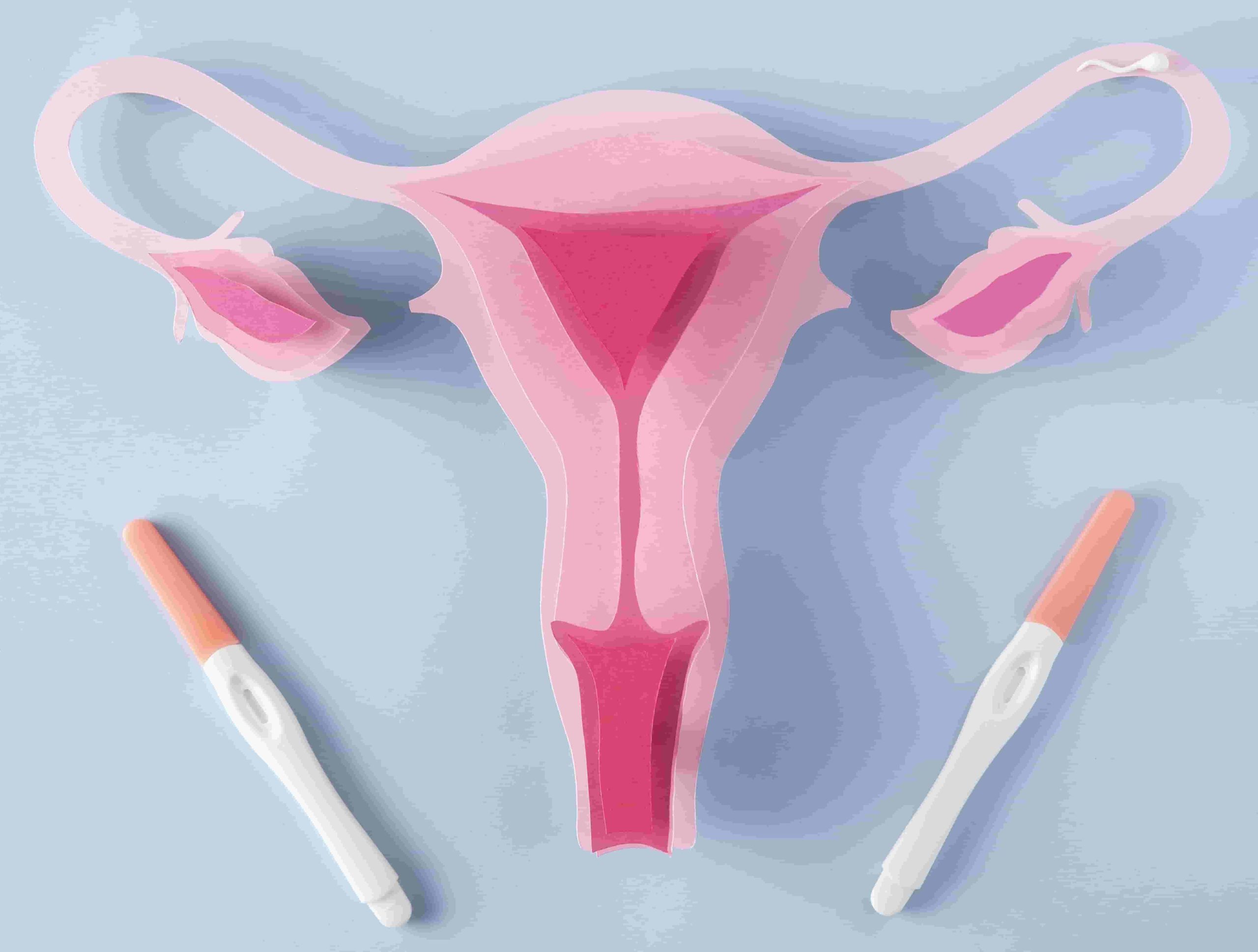If you think you’re pregnant, the best way to find out is by taking a pregnancy test.
There are different types and brands of pregnancy tests, some of them can be self-administered and can let you do it in the comfort of your home. These tests are available in convenience stores and drugstores.
Home pregnancy tests can be bought over the counter, which means you don’t need a prescription. It’s best to get at least two pregnancy test kits in case you need to do it again.
How does a pregnancy test work?
Pregnancy tests detect the hormone human chorionic gonadotropin (hCG) in your urine.
Your body produces this hormone only when a fertilized egg attaches to the uterus, which officially marks the start of a pregnancy. On average, this happens about six days after fertilization.
There are two main types of pregnancy tests: blood tests and urine tests.
Blood tests are done at clinics and, compared to urine tests, take longer to produce results. A type of blood test, called a quantitative hCG test, helps observe problems during pregnancy.
Home pregnancy test kits fall under urine tests. Aside from being simple, private and convenient, home pregnancy tests can be used easily and produce results in just a few minutes.
Is a home pregnancy test accurate?
Many home pregnancy tests can be up to 99 percent accurate. However, accuracy also depends on the following factors:
- How closely you follow the instructions
- How soon the egg implants
- How soon after pregnancy you take the test
- The test’s expiration date
- The concentration of hCG in your urine
How can I make sure that my result is accurate?
Before anything else, check the expiration date of the pregnancy test kit.
Make sure you read and follow the directions correctly. While each test works in a similar way by detecting hCG in the urine, it’s still important to read the test’s instructions because they may vary for each brand.
If you don’t follow the instructions correctly, you might end up with inaccurate results.
Timing is also important when using a pregnancy test. You won’t get pregnant immediately after sex. So, DO NOT take a pregnancy test right after, or a few days after having sex.
Whether you experience pregnancy symptoms or not, it’s best to wait for at least one week after a missed period before you take a pregnancy test.
It’s also recommended to do the test first thing in the morning because your urine is more concentrated, which makes it easier for the test to detect hCG.
Sources:
https://www.webmd.com/baby/guide/pregnancy-tests#1
https://www.medicalnewstoday.com/articles/319803
https://www.verywellfamily.com/home-pregnancy-tests-906656
https://www.medicalnewstoday.com/articles/295001



